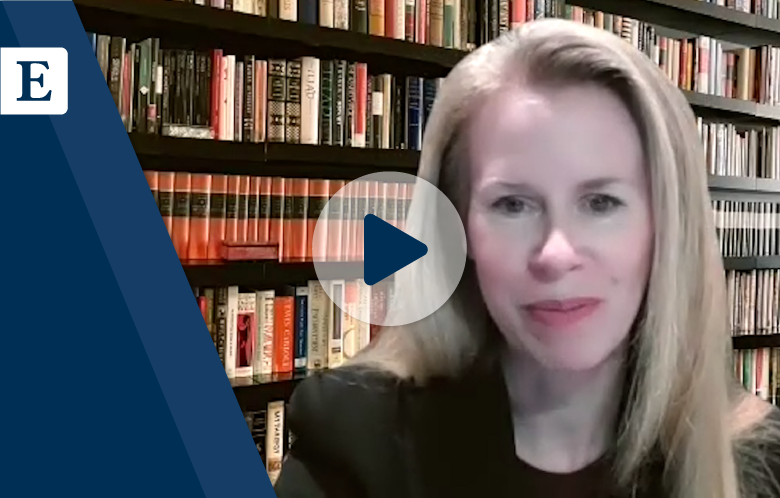Transcript | Download
Meet the FOLIO Flock: Data Migration Implementation Consultants (Data ICs)
Data ICs start working on an implementation once the project manager IC and customers decide on some initial configuration settings, and the customer provides an export of some data from the legacy ILS. The Data IC is then involved all the way to dress rehearsal, where almost all current data is loaded, through go live when the latest circulation data is loaded and FOLIO becomes the system of record, and then into the 30 day extended support period, where any unforeseen issues are addressed. The primary role of the Data Implementation Consultant is transforming the data from a library's legacy ILS and loading it into FOLIO. During the course of a migration project, the assigned Data IC will load each type of data a few times, collaborating with the customer to best represent their data in the new system. There are five full time Data ICs working on FOLIO migrations with decades of combined library software experience. They've been on the library side of FOLIO and other migrations, on the vendor side of other library systems, run IT departments and consulted for libraries. Moving data to a new system is easy. Moving data optimized for a system designed decades ago with different service priorities, and with all the off label fields and elements used for custom functionality that have sprouted up over the years while still supporting legacy capabilities and current needs - that's hard. But what makes the FOLIO Data IC special is the hardest parts of the job are the most fun. The entire data migration process is a series of iterations. You give us your data, we load it according to your specifications and then look at the data in the FOLIO tenant that will eventually become your live environment. If we notice issues while loading the data, we let you know. If you notice an issue when looking at FOLIO after the data is loaded, we work with you to identify the best way to fix it. Sometimes that means doing the data extraction differently, and sometimes we change the way we transform the data. Every time you give us a fresh extract, we rerun the transformation and loading process to catch and fix any previously identified issues or changes, and then once everything looks good in FOLIO, it's time for the dress rehearsal and then go live. A lot of customers ask about data cleanup. It makes sense; when you move to another house, it's a good chance to get rid of boxes you never unpacked from your last move. Our philosophy is that we will migrate the data you give us. There are a lot of small issues that get normalized or cleaned up as the data is migrated. And if you can define certain records to leave behind, we can just drop them as we process them. There are certain changes that are trivially easy to do in FOLIO and there are some that are more complicated. We can offer guidance on how to achieve your goals. Sometimes it's best before go live and sometimes after. FOLIO is a world class, modern and extremely flexible open source library management system. Anyone is free to download, install and run FOLIO. EBSCO’s Data ICs even maintain a public Python module named FOLIO Migration Tools, which helps you transform data exported from another ILS to a format that can be loaded in FOLIO. That being said, the right tools are only part of the equation. Anyone can theoretically swap the brakes on their car or replace the siding on their house with the right tools. But most of us rely on someone with the skills and experience using those tools to do the job. A working librarian might perform a single ILS migration every decade or two, but EBSCO’s Data IC team is completing more than 30 a year, and that's what EBSCO offers. The skills and experience of implementing and hosting FOLIO.


